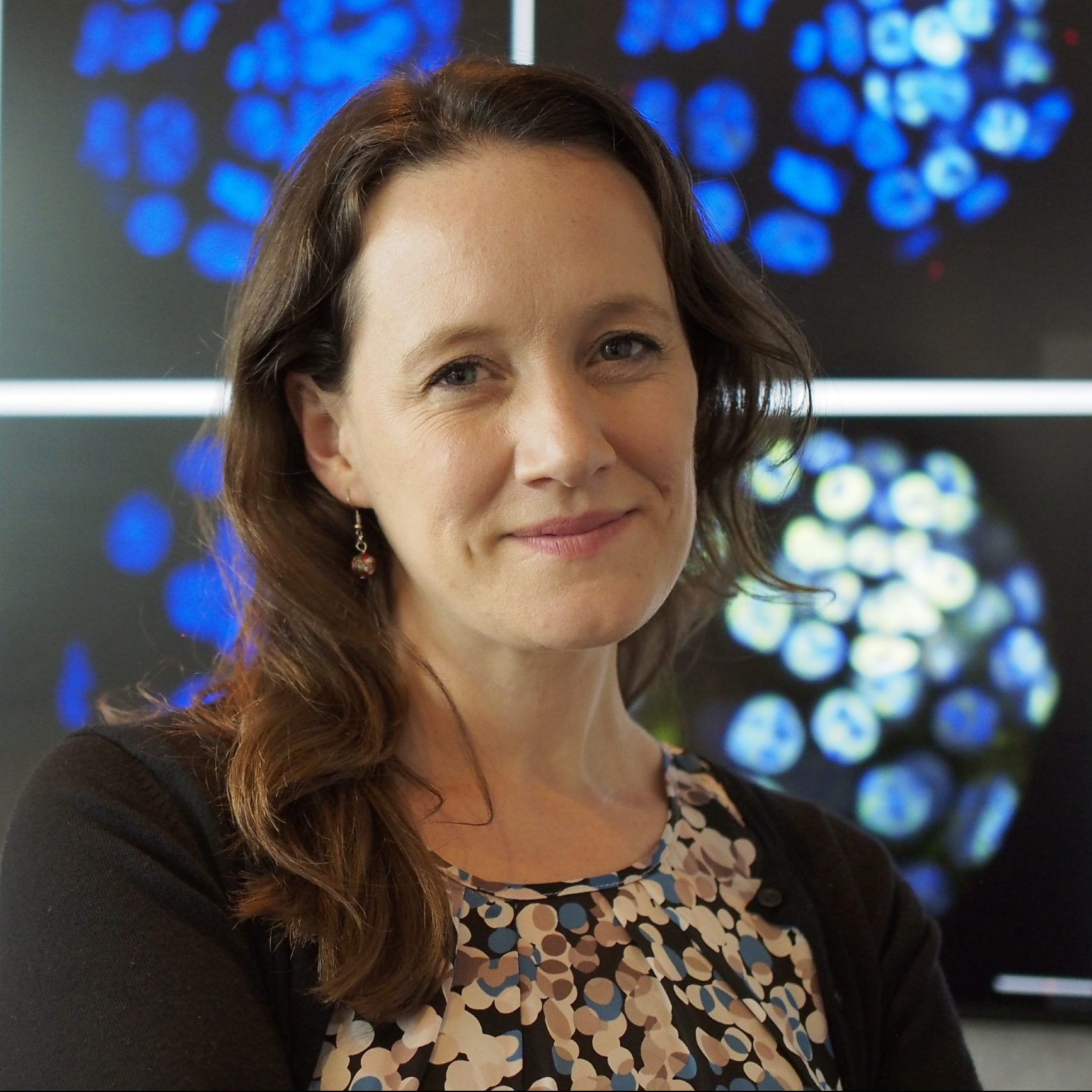Dr Melanie Eckersley-Maslin
Epigenetic Plasticity in Development and Cancer
Epigenetics helps define current cell states, yet also shapes how cells respond to external cues such as differentiation or stress. The epigenetic plasticity of a cell describes how flexible this regulation is. Early embryonic cells are highly plastic in that they can generate all adult cell types. As development progresses, this plasticity is lost as normal healthy adult cells are locked in their identity. Crucially, aberrant reactivation may contribute to pathologies such as cancer.
The epigenetic plasticity of cells is tightly controlled and regulated in part by epigenetic priming factors. These establish a permissive epigenetic landscape to enable future transcriptional changes. However, we know little of the identity of epigenetic priming factors and their mode of action. I will present our work uncovering new molecular signatures of epigenetic plasticity. Using these signatures, we have performed screens to identify epigenetic priming factors. This has identified the small heterodimerising nuclear proteins Dppa2 and Dppa4 as the first epigenetic priming factors. Dppa2/4 are required to maintain both H3K4me3 and H3K27me3 at a set of developmentally important bivalent promoters. As a consequence of losing bivalency, these promoters gain DNA methylation and can no longer be effectively activated during differentiation. These epigenetic changes are reversible on reintroduction of Dppa2/4 suggesting that Dppa2/4 are required to actively target and maintain the epigenetic landscape at these developmental genes in pluripotent cells.
We are now exploring how these important gatekeepers of early embryonic cell fate transitions may be hijacked in cancers to promote cell plasticity and facilitate acquisition of new identities and functions. By discovering the principles driving epigenetic plasticity in development, we can further our understanding of how this goes awry in cancer, leading to new areas for therapeutic intervention.

Dr Melanie Eckersley-Maslin
Group leader, Peter MacCallum Cancer Centre
Research Fellow, Department of Anatomy and Physiology, the University of Melbourne
Dr Melanie Eckersley-Maslin is a group leader at the Peter MacCallum Cancer Centre and research fellow in the Department of Anatomy and Physiology at the University of Melbourne. Her lab investigates epigenetic plasticity in development and cancer to explore how cell identity is established in embryos yet deregulated in cancers, with the ultimate aim to identify new therapeutic targets.
Melanie completed her PhD in molecular biology at Cold Spring Harbor Laboratory’s School of Biological Sciences in New York, USA with Prof David Spector before postdoctoral research in developmental epigenetics with Prof Wolf Reik at the Babraham Institute, Cambridge UK. In 2021, Melanie returned to Australia to establish her research lab supported by the Lorenzo and Pamela Galli Medical Trust. She is recipient of the 2020 MetCalf Prize for Stem Cell Research and a 2021 Snow Medical Research Fellow.
